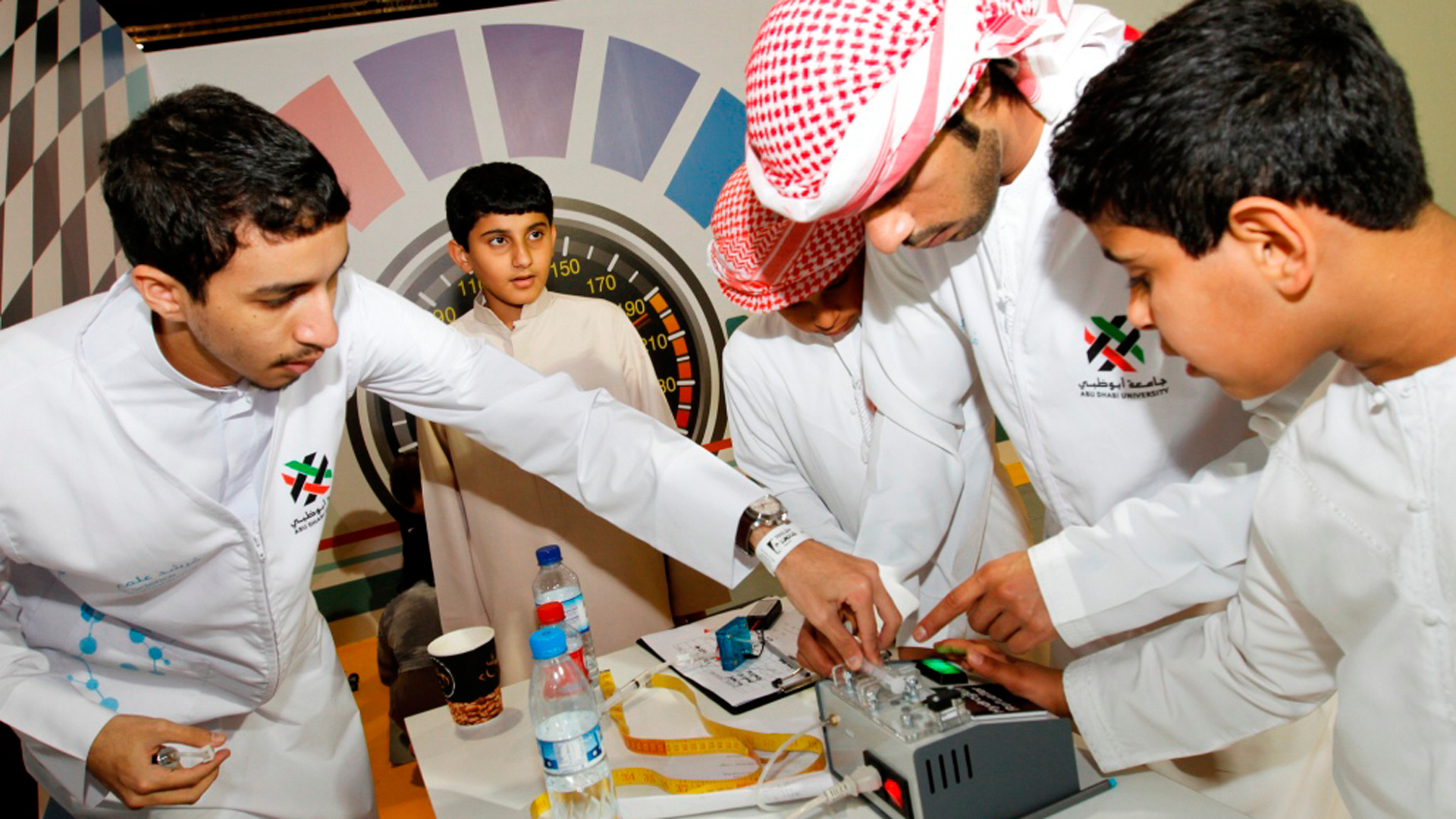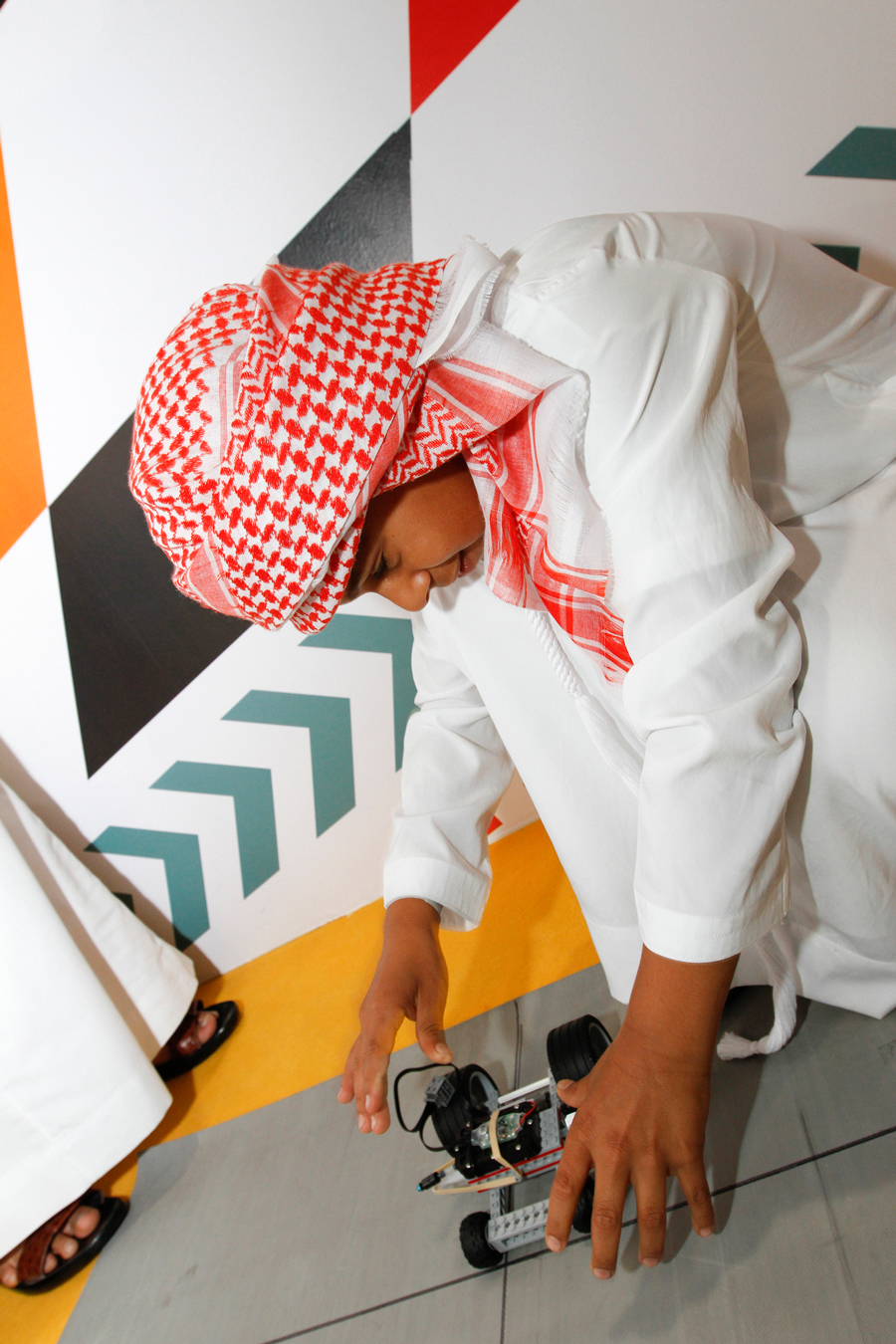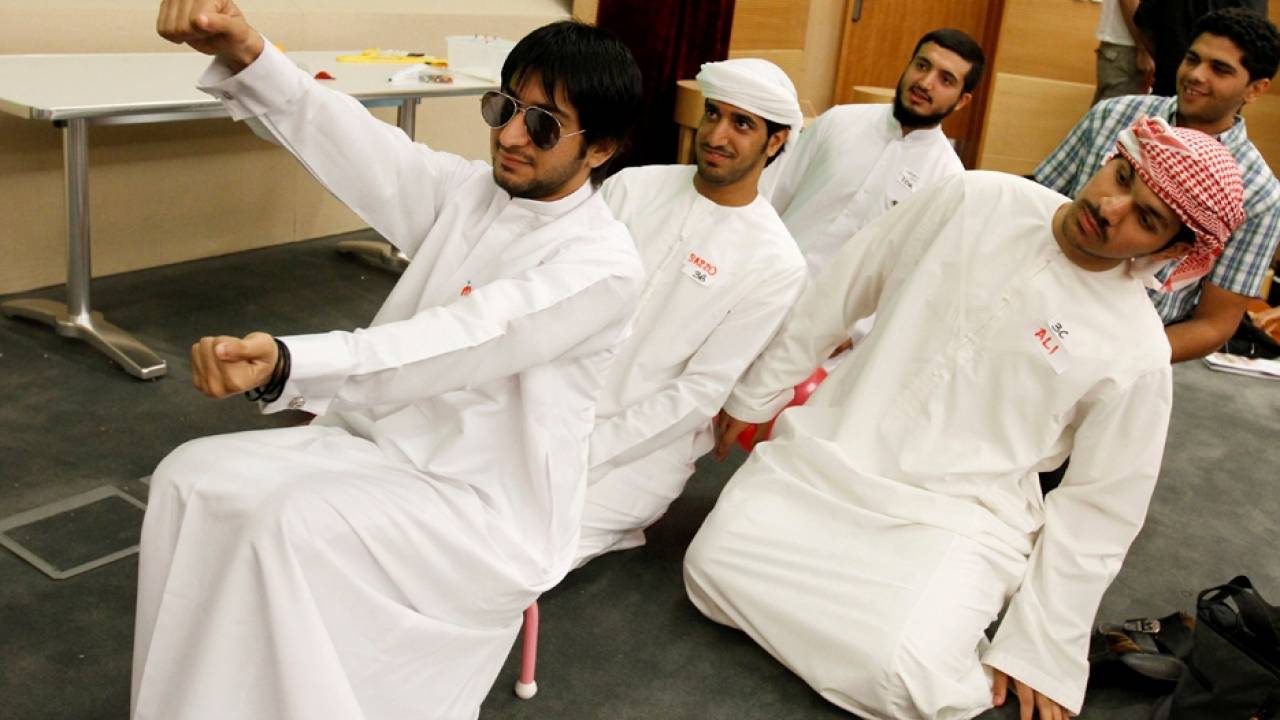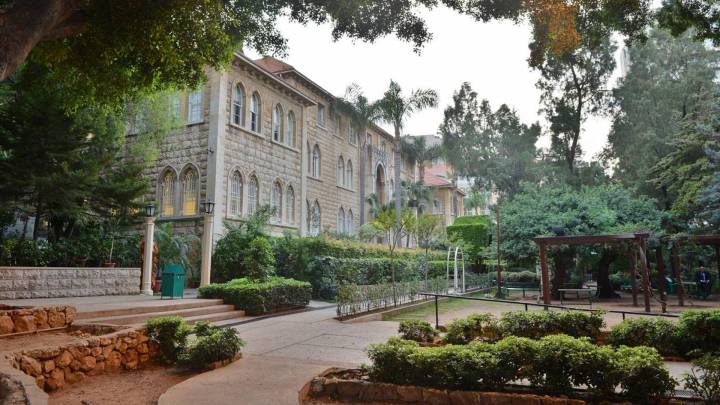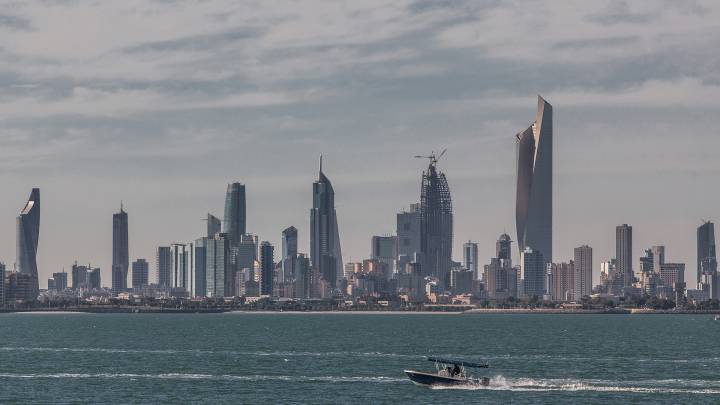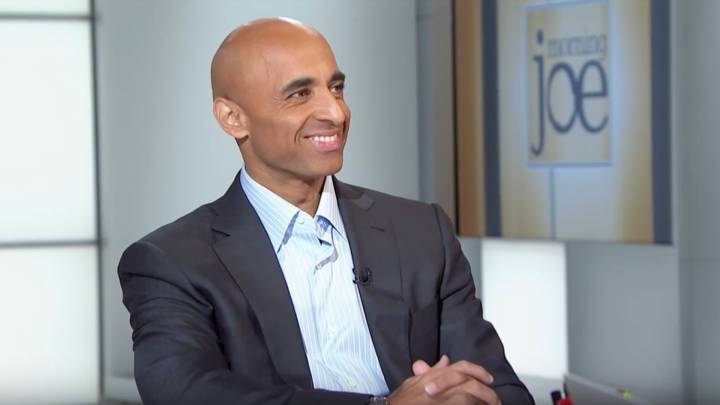The United Arab Emirates is hoping a well-educated population will drive its economic diversification following a recent overhaul of its school curriculum - but will over-work in the teaching profession get in the way?
When local media in the United Arab Emirates (UAE) reported that 319 Emirati teachers had quit their jobs in public schools the previous year, it was a sign that something was seriously wrong within the country’s educational system. Teachers were said to be resigning because of over-work, low salaries and lack of motivation and evaluation. The profession had “become almost repulsive”, teachers were reported as saying, prompting the Federal National Council (FNC) to question the Ministry of Education about the accuracy of these claims.
While these statistics surfaced in the media last June, plenty of earlier signs had pointed to an imbalance and discontent within the UAE’s education system, though working conditions vary between the public and private sectors, and within different sectors within the private sector. Some Indian expatriate teachers can receive salaries as low as $1,250 (AED 4,500) per month.
Teachers teach for 10 per cent of their time and the rest of the time it’s just admin work
“There’s absolutely no doubt that teachers are overworked to a huge extent in the UAE,” says Rohan Roberts, the director of the Dubai Science Festival. “Most people don’t realise that teachers teach for just 10 per cent of their time and the rest of the time it’s just admin work, while the remuneration is not in keeping with the kind of work they’re doing.”
Explaining under-performance
Poor motivation affects teachers’ performance in the classroom and in turn students’ education. In some cases, teachers focus on private tuition to bolster their earnings. This may not be unusual in a global setting, but it is significant in the UAE, a country that is staking its future on a transition from oil wealth to a knowledge economy, which will require a highly-educated workforce. And while the UAE has high levels of spending on education, and has made steady progress by standardised measures such as the OECD’s Programme for International Student Assessment (PISA), students continue to under-perform compared to their global peers.
There may be some mitigating circumstances. Ashwin Assomull, managing director of the Parthenon-EY consultancy, suggests that a highly heterogeneous student population is part of the reason. A UK school that operates in the UAE may see lower grades on average than its home school, which Assomull puts down to the different learning and cultural backgrounds among students in Dubai – some of whom do not speak English as a mother tongue – which makes it harder for teachers to ensure that everyone obtains high grades.
Female students outperform male
Nevertheless, a 2014 survey by the Economist Intelligence Unit found that female students in the UAE were outperforming their male counterparts, including in science, technology, engineering and mathematics (STEM) subjects. Teachers interviewed for the study described Emirati female students as more dedicated and determined than their male counterparts. That reverses a global norm: elsewhere in the world, females perform better than males on average except in the STEM subjects, while in the Gulf region females perform better than males on average in all subjects, says David Jones, a labour market economist and founder of The Talent Enterprise, an HR consultancy and “think and do tank” based in Dubai. Jones believes that this gap in educational performance between genders can, in part, be explained by the fact that many Emirati girls are educated by female Emirati teachers, meaning they tend to have a better relationship with their teachers. They are more disciplined and focused in class and receive “other beneficial, non-official, non-curriculum types of learning”.
By contrast, the majority of Emirati male students who go through the state’s secondary school system are almost entirely educated by expatriate male teachers who may not have a long-term commitment to teaching in the country, while the aspect of teaching that entails being a role model and building a relationship is also not present to the same extent.
For Emirati males, being a teacher is not seen as a particularly desirable or prestigious role
“Traditionally, since the development of the country, teaching has been one of the professions that has been open to women from a cultural perspective. It’s seen as a highly respectable career to go into,” says Jones (he sees a similar situation in Qatar). By contrast, for Emirati males, being a teacher is not seen as a particularly desirable or prestigious role. This widespread perception has led to those positions being filled by expatriate men over the past few decades According to local paper the National, Abu Dhabi Education Council (ADEC) had 1,485 Emirati school staff in 2014, only 6.8 per cent of them male. Of the 28,078 teachers working for the Ministry of Education in 2014, only 5.8 per cent were Emirati men.
How to bridge the educational gap?
The Ministry of Education has been trying to reverse this trend by motivating male Emirati teachers with higher salaries, says Qais Mohamed Rashid Al Tamimi, an Emirati professor who has been working at UAE University since 1987 and currently teaches Humanities and Social Sciences. However, Al Tamimi stresses that as long as other jobs offer better salaries, it will generally be difficult to sway Emirati men towards a career in teaching.
Taking an approach that’s fading away from the country’s expatriate-dominated boys’ schools, Al Tamimi prefers to keep a minimal gap between him and his students. “The more you are social, the more students trust and listen to you. You should build a good relationship with them, keeping the borders between you as a professor and the student, and reward them if they study hard. A teacher’s success is the success of their students.”
From STEM to STEAM
Roberts, who co-founded Café Scientifique Dubai four years ago, believes that one of the reasons UAE students under-perform in STEM courses is the way these subjects are taught. “The main thing we’re lacking in Dubai is that we’re not inspiring students to have a love for science and scientific thinking,” he says. “We’re pressuring students to focus on their exams, textbooks and curriculum, and we don’t look beyond that. If you want scientifically literate and innovative students, you’ve got to integrate subjects from the art into the sciences. That’s why the trend globally is to move from STEM to STEAM, and the A in STEAM stands for Art.”
Such an integrated approach would bring strategies from across film, fine arts, performance, dance and photography into STEM courses. Yet teachers in the UAE are generally not trained to make the transition to STEAM, which is an ongoing process, according to Roberts. “Some of the things we’re doing as part of the Dubai Science Festival and Café Scientifique is getting students excited about science and taking it out of the classroom,” he says.
Looking to the future
In August the UAE announced a major overhaul of its educational curriculum, to cover technology, innovative design, health sciences, career guidance, general skills and business management. The overhaul was designed by the MoE and approved by Sheikh Mohammed bin Rashid, Dubai’s ruler. “We are counting on the teachers and the Ministry of Education to help school education make a great leap forward,” he was quoted as saying by official news agency WAM. “There is no room for excuses. We look forward to developing a new generation of students that is equipped to use the tools of the future.”
The announcement was welcomed by many experts, though the consensus is that education reform is a long-term project. “If we want to move from an energy-based economy in the UAE to a knowledge-based economy, we need knowledgeable and smart people. The focus at the moment is to license and validate the qualifications of expatriate teachers,” says Jones. “The priority in terms of education investment is there, but it takes time.”
